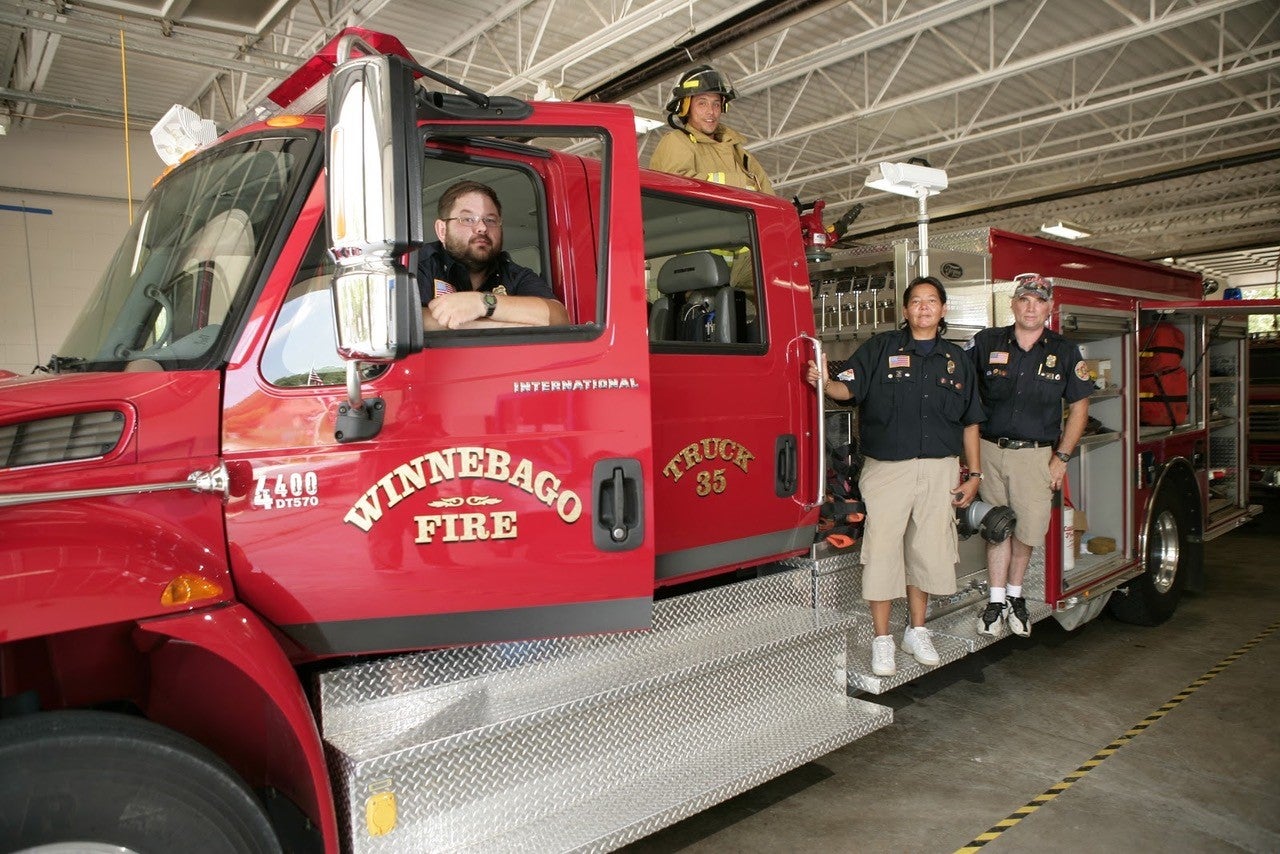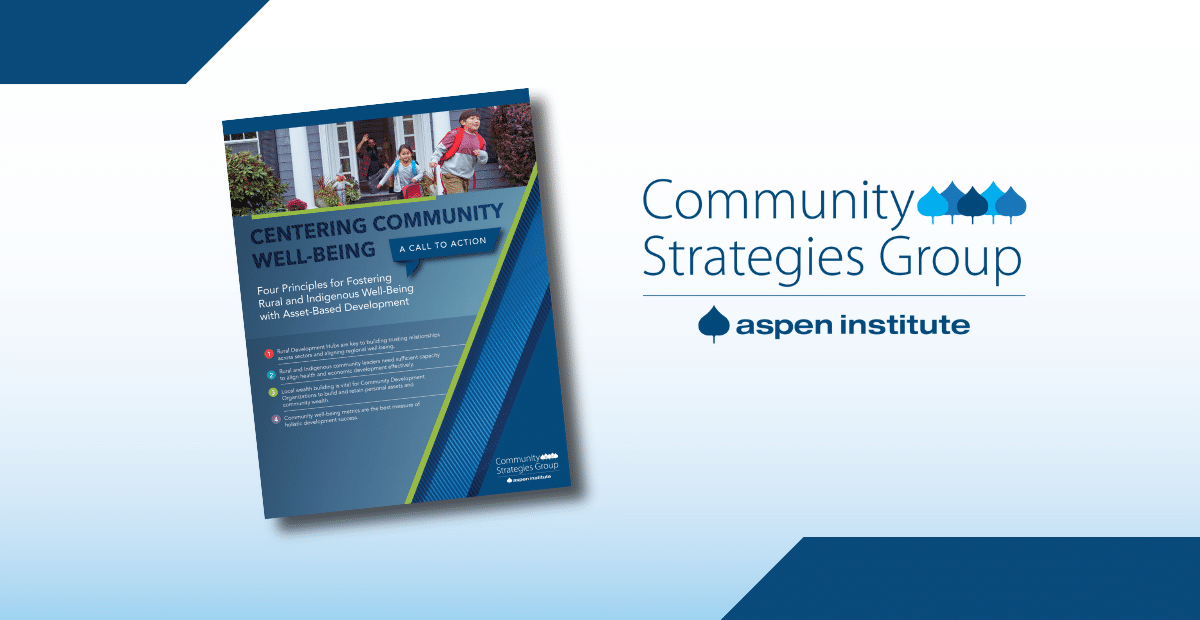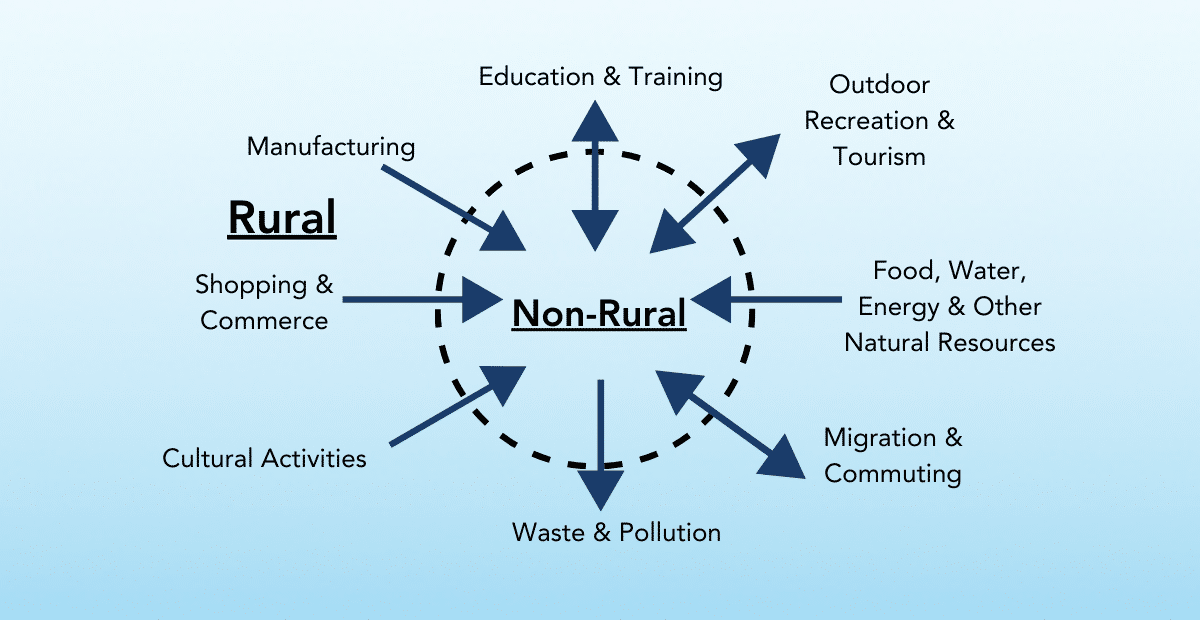Event Resources:
- Download the Event Presentation:ROADS CAPACITY PRESENTATION
- Thrive Rural Perspective: Native Nation Building
- Region Five Development Commission capacity building handout: CAPBUILDING_ONEPAGER
- Aspen CSG’s Measuring Community Capacity Building
It is often said that rural and tribal communities and organizations need more capacity to fully engage or solve problems in their regions. But what, exactly, equals “capacity”? What key components of capacity need to be carefully and intentionally strengthened so that locally led organizations in rural and Native nation communities can more effectively strengthen economies, health and livelihoods for all in their regions? What does it take for rural and tribal organizations to build capacity, and what barriers stand in the way?
Watch the recording to hear answers to these questions from national technical assistance providers, Indigenous leaders, and local rural development innovators. Gain insight that can help understand and explain capacity in plain(er) terms – and contribute your perspective to the mix. This event was held in conjunction with the Housing Assistance Council’s national conference.
Our Speakers

Shonterria Charleston,
Director of Training and Technical Assistance, The Housing Assistance Council
Shonterria oversees and coordinates of all the Housing Assistance Council (HAC) training and technical assistance activities, including the Rural Community Development Initiative (RCDI), Affordable Housing for Rural Veterans (AHRV) Initiative, the Native American and Alaska Native Initiative, and she manages HAC’s National Rural Housing Conference as well. Prior to this position, Shonterria served as HAC’s Program and Training Manager, providing program oversight of HAC’s Rural Veterans Initiative, its Rural Community Development Initiative (RCDI) and training activities, as well as a providing technical assistance on organizational capacity building, nonprofit governance, management, development, strategic planning, and transformation related to an array of programs including HOME, single-family housing development, and HUD’s Section 202 and 811 supportive housing programs. Shonterria is a veteran of the United States Armed Forces (ARMY-Active Component).

Miriam Jorgensen
Research Director, Native Nations Institute
Miriam is a political economist and policy scholar. Her work—in the United States, Canada, and Australia—has addressed issues as wide-ranging as housing, cultural stewardship, natural resources, land ownership, financial education, housing, and criminal justice, and focuses on the ways Indigenous nations’ governance and sociocultural characteristics affect community development. She currently serves as research director of both the University of Arizona Native Nations Institute and the Harvard Project on American Indian Economic Development. She is a co-author of Structuring Sovereignty: Constitutions of Native Nations (UCLA AIS Press, 2014) and The State of the Native Nations: Conditions under U.S. Policies of Self-Determination (Oxford University Press, 2008); editor and co-author of Rebuilding Native Nations: Strategies for Governance and Development (University of Arizona Press, 2007); and a member of the editorial board of the International Indigenous Policy Journal.

Cheryal Lee-Hills
Executive Director, Region Five Development Commission
Cheryal joined Region Five Development Commission (R5DC) in 2006 and has a 25+ year national reputation as an action-oriented convener with experience in securing resources through authentic relationships that have spurred equitable economic ecosystems that honor our environmental stewardship commitments in rural Central Minnesota communities. Cheryal currently provides oversight of seven lending programs and community development initiatives on transportation, workforce development, renewable energy, climate and water planning, broadband, local foods, and arts and culture, with an intentional focus on the Welcoming Communities program. This program was launched in 2018, when she became a Qualified Administrator of the Intercultural Development Inventory (IDI) assessments to improve regional cultural competency. To date, her organization has delivered IDI to more than 32 groups, 389 people with 146 of those receiving personal IDI assessments and ongoing support. Via Cheryal’s leadership, R5DC is nationally recognized – one of six Hub experts on delivery of the WealthWorks evaluation model.

Linetta Gilbert
Managing Partner, Gilbert and Associates
A respected leader in the philanthropic community, Linetta provides consulting, coaching and network-building support to foundations, large and small non-profits and emerging thought leaders. Her areas of practice include strategy development/planning and technical assistance for advancing organizational and community wide racial equity outcomes; board development; strategic planning; leadership development; and group facilitation. Linetta has held leadership positions with a number of notable foundations. She served as Senior Program Officer for Social Justice Philanthropy with The Ford Foundation, where, over nearly a decade, she invested, monitored and leveraged $1 billion in resources dedicated to transforming and strengthening community-based philanthropic organizations worldwide. A significant portion of her career has focused on the influencing the reach into Black and other communities of color as donors and leveraging their leadership on critical national and global issues.
Our Moderator

Janet Topolsky
Executive Director, The Aspen Institute Community Strategies Group
For nearly four decades, Janet has helped community leaders, organizations and policymakers across the country find, create and spread development strategies that work. At Aspen CSG since 1993, Topolsky has specialized in peer-learning design and facilitation, family asset building, “doing economic development differently,” connecting low-wealth rural and urban places and populations to regional economic development and better livelihoods, and community development philanthropy – building the capacity of place-rooted foundations to improve local economies. Before Aspen, Janet worked as a development policy analyst; as communications director for Prosperity Now (then called the Corporation for Enterprise Development) and editor of its Entrepreneurial Economy Review; as special assistant to the director of the Michigan Department of Commerce; and as a youth organizer and policy advocate.
Image Credit: Native Nations Institute 2021







